When passengers exited Delta Flight 1583 back in 2017 that had arrived at New York’s JFK Airport from San Francisco, they weren’t greeted by your usual flight staff waving them off and thanking them for choosing Delta. Instead, they were being directed by flight attendants “at the direction of two officers” that they were required to show their identification to these officers before they could exit the vessel. The American Civil Liberties Union (ACLU) said that “passengers were confused, nervous and afraid, and felt they had no choice but to comply.”
Unfortunately, that’s the feeling many individuals experience when they come in contact with an immigration official who is demanding they present certain documentation that verifies their status.
The ACLU went on to explain that after passengers had questioned “why they were being held and forced to show identification, the officers provided no justification or explanation.” CBP, in an effort to defend their officers, said in a response to press inquiries that their actions were considered “routine” and consistent with agency policy.” The truth is, those passengers should not have been required to provide ID in order to exit the plane as the officers did not have reasonable suspicion that any wrongdoing had occurred. The ACLU stated in a recent article that “the government does not have the authority to detain us on a plane, even briefly, or to require us to show identification documents without reasonable suspicion of wrongdoing” as “we do not live in a police state.”
The ACLU described the CPB officers’ behavior that day as “unconstitutional.”
What does the ACLU do exactly?
The ACLU works in “courts, legislatures, and communities to defend and preserve the individual rights and liberties that the Constitution and the laws of the United States guarantee everyone in this country.” The ACLU helps everyone from those who consider themselves a part of the LGBT community and even immigrants.
What protocols must CPB officers follow when conducting a suspicionless check for ID for passengers who are deplaning from a domestic flight?
Given the outrage that developed after CPB officers committed that unconstitutional act the day Flight 1583 arrived at the gates of JFK Airport, the ACLU decided to file a lawsuit on behalf of nine of the passengers who had been traveling on that flight. The lawsuit aimed to prevent this sort of thing from happening again. Although the government filed a motion to have the case dismissed “arguing that the document checks were voluntary and likely wouldn’t recur,” “the court denied the motion and allowed the case to proceed” and settlement was finally reached.
The parties agreed that “CPB [would] circulate a policy directive nationwide clarifying that the agency does not have a policy or practice of checking the identification of deplaning domestic passengers.” In the event CPB officers wish to check identification in the future, there are specific protocols they must follow when doing so. Those protocols are as follows:
- CPB officers must “make [it] clear through their words and actions that participation in the document checks is voluntary.”
- They must “provide an unimpeded path for passengers to exit the airplane.”
- They must “explain, if asked, that passengers who decline to participate will face no law enforcement consequence as a result.”
- Officers must “request that airline personnel announce over the airplane’s public address system that participation is voluntary.”
Aside from recognizing the protocols CPB officers are required to follow, the organization also stated that CPB will be recirculating the directive nationwide again in two years and that the settlement is a “win for the Fourth Amendment rights of all travelers on domestic flights.” You do need to keep in mind that “CPB has the authority to stop people arriving from abroad to determine that they are admissible to the United States.” That authority, however, “does not extend to people arriving on domestic flights.”
So, to answer the initial question “Can CBP officers check the identification of passengers who are deplaning from a domestic flight when there is no reasonable suspicion of any wrongdoing?” The answer is yes, but only when they have followed the protocols stipulated above and the passenger(s) consent to the ID check.
Now, if you live in New Jersey and feel a CPB officer or any other immigration official has violated your rights in any way, please contact NJ immigration attorney Eric M. Mark. Our office is here to help you and defend your rights and will go to great lengths to ensure justice is served. Contact us today at any of our office locations listed below to find out what we can do for you.

 CALL US TODAY
CALL US TODAY